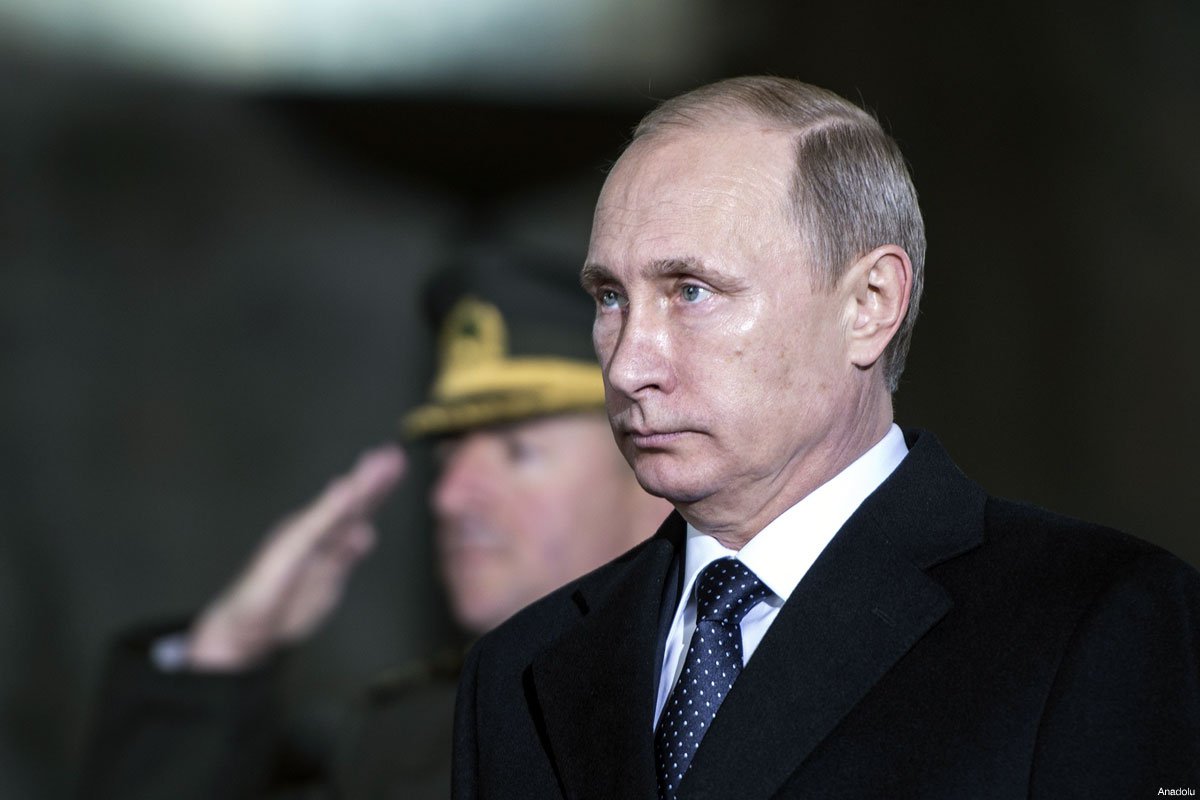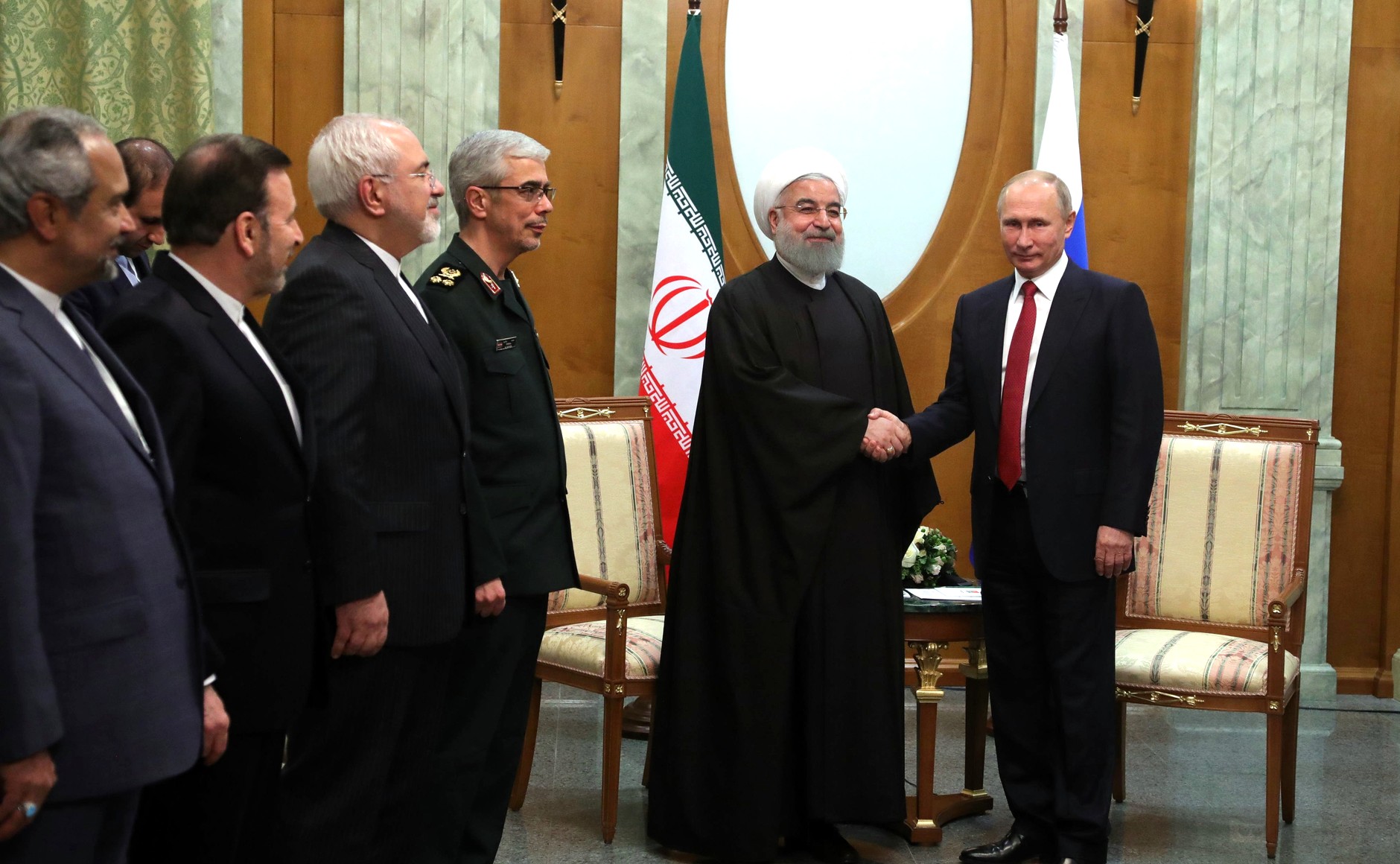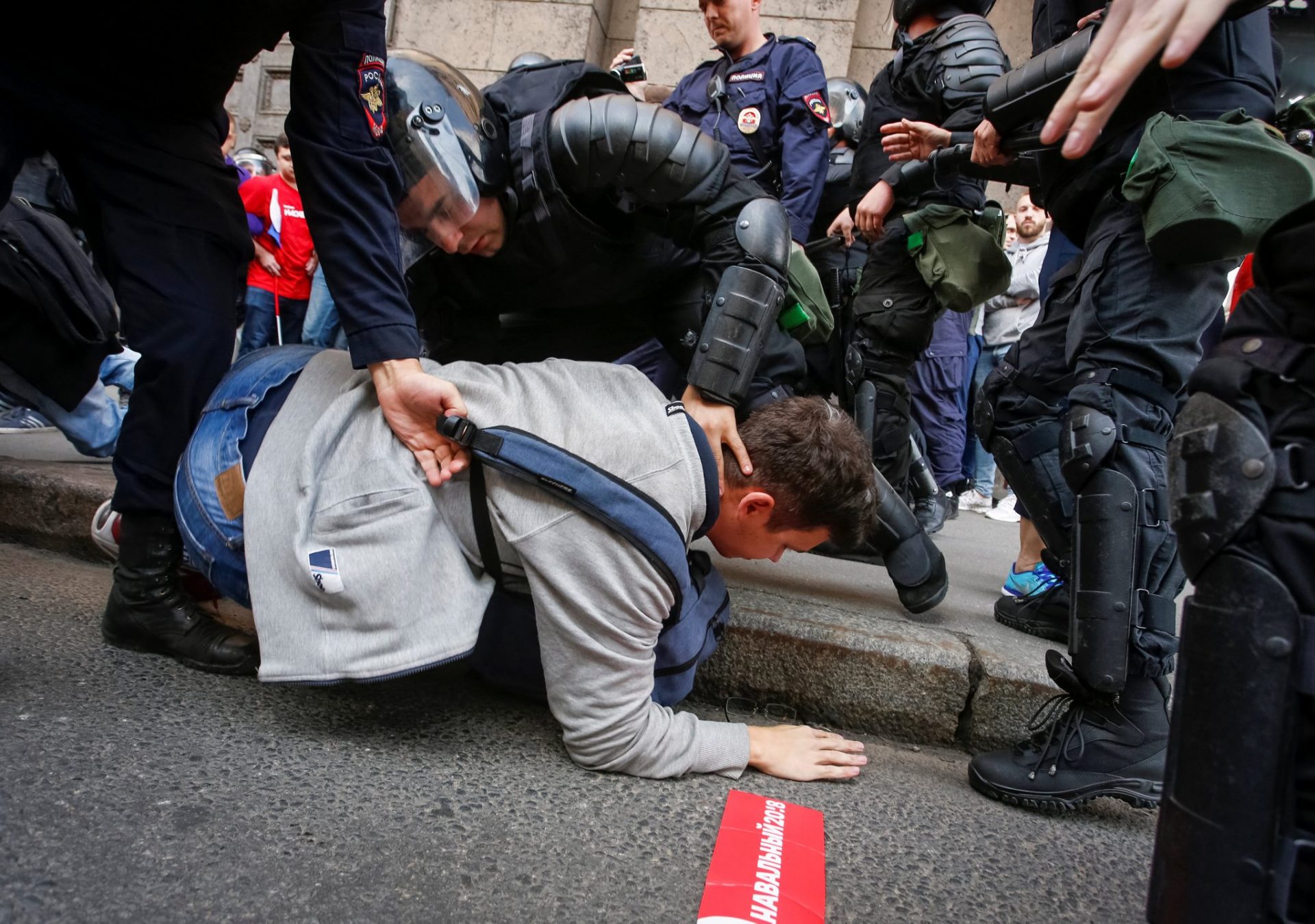
by , ,
With its recent intervention in Syria, many claim that Russia scored yet another geopolitical coup. With the war in Ukraine stalling and Crimea firmly in Russian hands, President Vladimir Putin surprised friend and foe alike with Moscow’s first military intervention outside the former Soviet space in decades.
This show of force in two theatres is not only meant to demonstrate that Russia is back on the world stage, but also that it can put other powers on the back foot if it so desires. Thus, President Putin is often praised for his tactical nous, but whether in the long run his ventures will also pay off from a strategic point of view looks decidedly less certain. Although Putin’s objective is likely to garner respect for his country in some circles, doing so by seriously jeopardising good relations with countries west and south of its border and beyond, hardly amounts to a sane geopolitical strategy.
Assad or no Assad? That is the question
To start with Syria: here, Russia decided on 30 September to intervene at the invitation of President Bashar al-Assad, in an attempt to shore up Assad’s increasingly fragile position vis-a-vis the various rebel forces and the Islamic State (ISIS). The complexity of the conflict that now includes direct involvement on the part of Iran as well, led a month later to talks in Vienna aimed to kickstart a process that should lead to a diplomatic solution to the conflict. However, whereas Russia has been talking about new elections in Syria, leaving open the role of Assad, few believe that the US, the Gulf countries and Russia are able to bridge the gap between their positions. Although the US has softened its stance on Assad, saying that he does not need to step down immediately, it remains clear that the US does not see a long-term future for the Assad family in Syria. The Gulf countries for their part have been among the most fervent supporters of the rebels fighting Assad and show little enthusiasm for the Syrian leader to remain in power, even if this would be in a transitional role.
What is more, if relations between Russia and the West had not already been soured enough, Moscow’s Syrian intervention made things worse: first, by upsetting Washington’s strategy to create, together with Turkey, a safe zone for refugees and secondly, by complicating the fight against ISIS by constraining the freedom of action in Northern Syria of American and coalition jetfighters.
Russia’s risky gamble
But these are not the only feathers Russia has managed to ruffle. For in trying to shore up President Assad, Russia is causing Saudi Arabia, which strongly supports the Syrian opposition, to fight back. Rather than resort to weapons, Saudi Arabia relies on its most potent source of power, oil. In an apparent attempt to undermine Russia’s position in Europe, Saudi Arabia started supplying oil to Poland in October 2015 at a significant discount. The move prompted Igor Sechin, the CEO of Russian state-owned oil company Rosneft, to accuse the Saudis of ‘dumping’ practices. Although Russia for its part has been battling the Saudis for a share of the lucrative Asian market already for some time, one cannot help but feel that Riyadh’s recent move has at least as much to do with retaliation for Russia’s incursions into Syria. In view of how Russia is reeling from economic sanctions and a collapse of the price of oil, Saudi Arabia’s aggressive price discounting could not come at a worse moment for Putin.
Relations with Turkey are faring arguably even worse. Since late 2014, Putin has been attempting to construct a natural gas pipeline from Russia to Turkey, the so-called ‘Turkish Stream’ pipeline. Negotiations proved thorny, with both parties failing to agree on a price discount. Under pressure in Europe and forced to make ‘new friends’, Gazprom’s negotiating position vis-à-vis Turkey are weak, something which Ankara seeks to cleverly exploit. When on 27 October 2015 Russia and Turkey had still not managed to agree a price discount, Turkish state-owned pipeline company BOTAS decided to file a case for international arbitration against Gazprom. By now, it increasingly looks as if Russia’s Syria adventures have squeezed the last bit of steam out of Turkish Stream.
Russia’s involvement in Syria has only served to further strain an already tense relationship. Russia’s incursions into Turkish airspace in early October prompted the ire of NATO and Turkey. During a visit to Brussels in early October, Turkish President Erdogan issued a stern warning to Moscow, stating it risked destroying its friendship with Ankara, adding that Turkey would not stand by idly when Russian warplanes violate its airspace. With a convincing election victory under his belt, it is expected that president Erdogan will up the stakes even more in seeking to have Assad removed from power by carving out space of its own in Syria – albeit mostly at the expense of local Kurdish forces – and strategic space at the negotiation table.
But the impact of Russia’s intervention is unlikely to remain confined to the Middle East itself. Russia also has millions of Sunni Muslims within its borders. And although Russia’s actions are cheered by Shiite Muslims throughout the region, the region’s Sunni population is scandalised. Indeed, it did not take long for IS and the local Al-Qaeda affiliate Jabhat al-Nusra to call on Muslims to wage a Jihad against Russia and kill Russians at home. The announcement brings back nasty memories of the violent days of the Chechen wars, which saw numerous high-profile terrorist attacks that reached the heart of Moscow. Since the start of Russia’s intervention, reports have emerged that IS is on a recruitment spree in Russia’s northern Caucasus, raising long-term concerns that battle-hardened Jihadis will start making their way back to Russia.
Master tactician, poor strategist
At first glance, there is little that denies the observation that Russian President Vladimir Putin knowns how to put his opponents on a back foot, whether it is the Europeans, the Americans or even the Iranians and the Gulf States. This is to show that when it comes to tactics, Putin is a master of the game. He showed this in Syria two years ago, in Ukraine last year, and this time around once more in Syria. In the long term however, by primarily scoring tactical points Putin risks upsetting Russia’s relations with many vital neighbours and partners such as Turkey and Saudi Arabia, killing high-profile energy projects and undermining Russia’s position in the European energy market in the process. Although tactics may win battles, strategies ultimately win the war. Or, to adapt a quote from one-time US envoy to Russia John Quincy Adams, in seeking international respectability one should not go abroad for monsters to preserve.
- This article appeared first on European Geostrategy



